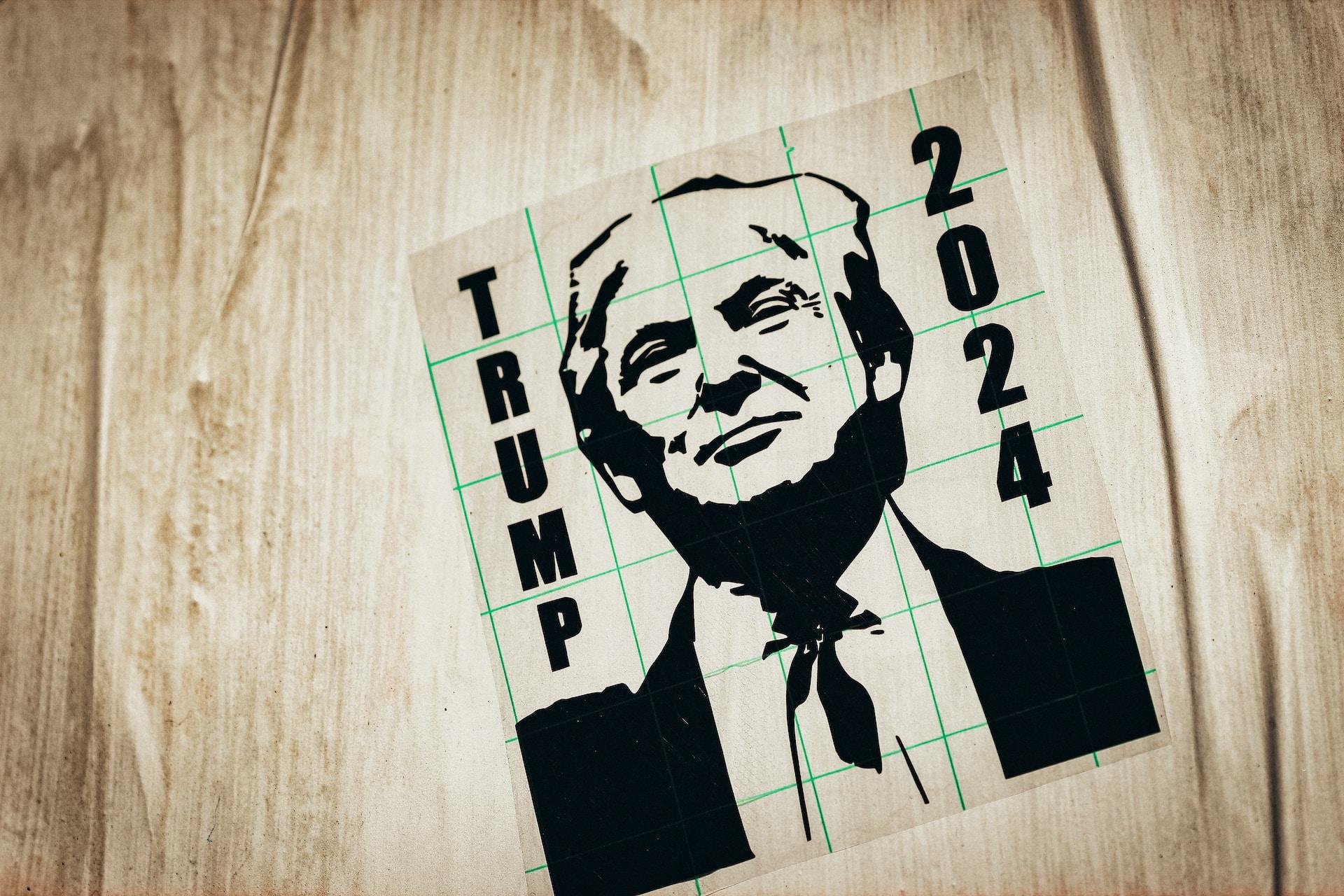By Renaud Foucart, Lancaster University; The Conversation

One of the major choices Trump made in his first term was to accept higher prices for US consumers in order to protect national producers by slapping high tariffs on almost every trading partner. (File Photo: Jon Tyson/Unsplash)
Donald Trump’s victory in the 2024 election – and his threat to impose tariffs on all imports to the United States – highlights an important problem for the global economy.
The US is a technological powerhouse, spending more than any other country on research and development and winning more Nobel prizes in the last five years than every other country combined. Its inventions and economic successes are the envy of the globe. But the rest of the world needs to do everything in its power to avoid being too dependent on it.
And this situation would not have been much different had Harris won.
The “America first” approach of Donald Trump has actually been a bipartisan policy. At least since previous president Barack Obama’s policy of energy independence, the US has been on a mostly inward-looking quest of maintaining technological supremacy while ending the offshoring of industrial jobs.
One of the major choices Trump made in his first term was to accept higher prices for US consumers in order to protect national producers by slapping high tariffs on almost every trading partner.
For instance, Trump’s 2018 tariffs on washing machines from all over the world mean US consumers have been paying 12% more for these products.
President Joe Biden – in certainly a more polite way – then increased some of the Trump tariffs: up to 100% on electric vehicles, 50% on solar cells and 25% on batteries from China.
At a time of climate emergency, this was a clear choice to slow down the energy transition in order to protect US manufacturing.
While Biden signed a truce with Europe on tariffs, it started a perhaps even more damaging battle by launching a subsidy race.
The US Inflation Reduction Act for instance contains US$369 billion (£286 billion) of subsidies in areas such as electric vehicles or renewable energy. And the Chips Act committed US$52 billion to subsidise the production of semiconductors and computer chips.
China, Europe and the rest of the world
This US industrial policy might have been inward-looking, but it has clear consequences for the rest of the world. China, after decades of mostly export-based growth, must now deal with massive problems of industrial overcapacity.
The country is now trying to encourage more domestic consumption and to diversify its trading partners.
Europe, despite a very tight budget constraint, spends a lot of money in the subsidy race. Germany, a country facing sluggish growth and big doubts on its industrial model, is committed to matching US subsidies, offering for instance €900 million (£750 million) to Swedish battery makers Northvolt to continue producing in the country.
All those subsidies are hurting the world economy and could have easily financed urgent needs such as the electrification of the entire African continent with solar panels and batteries. Meanwhile, China has replaced the US and Europe as the largest investor in Africa, following its own interest for natural resources.
The incoming Trump mandate might be a chance to fix ideas.
One might, for instance, argue that the full-scale invasion of Ukraine, and the thousands of deaths and the energy crisis that followed, could have been avoided had the Biden administration been clearer to Russian president Vladimir Putin about the consequences of an invasion, and provided modern weapons to Kyiv before the war.
But the blame is mostly on Europe. Credit where it’s due, the strategic problem of becoming too dependent on Russian gas is something Trump had clearly warned Germany about during his first mandate.
There is a clear path forward: Europe could help China fix its overcapacity problems by negotiating an end to its own tariff war on Chinese technology such as solar panels and electric cars.
In exchange, Europe would regain some sovereignty by producing more of its own clean energy instead of importing record amounts of liquid gas from the US. It could also learn a few things from producing with Chinese companies, and China could use its immense leverage on Russia to end the invasion of Ukraine.
The European Union could also work harder on what it does best: signing trade deals, and using them as a way to reduce carbon emissions around the world.
This is not only about Europe and China. After decades of continuous improvement on all major dimensions of human life, the world is moving backwards.
The number of people facing hunger is increasing, taking us back to the levels of 2008-9. War is raging in Gaza, Sudan, Myanmar, Syria, and now Lebanon. The world had not seen as many civilian casualties since 2010.
For better or worse, it is unlikely that a Trump administration will reverse the path of lower US interventionism. It is also unlikely to lead any major initiative on peace, climate change or on the liberalisation of trade.
The world is alone, and America will not come to save it.
We do not know what will happen to the US. Maybe the return of Trump will mostly be a continuation of the last ten years. Maybe prohibitive tariffs or destroying the institutions that made the US such an economic powerhouse will make the US economy less relevant. But this is something Americans have chosen, and something the rest of the world simply has to live with.
In the meantime, the only thing the world can do is learn how to better work together, without becoming too dependent on each other.![]()
Renaud Foucart, Senior Lecturer in Economics, Lancaster University Management School, Lancaster University
This article is republished from The Conversation under a Creative Commons license. Read the original article.





















